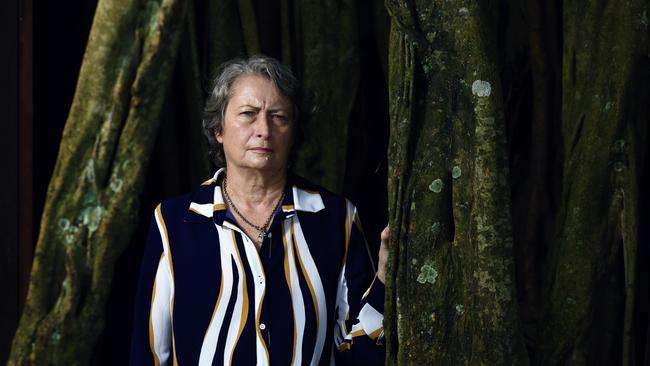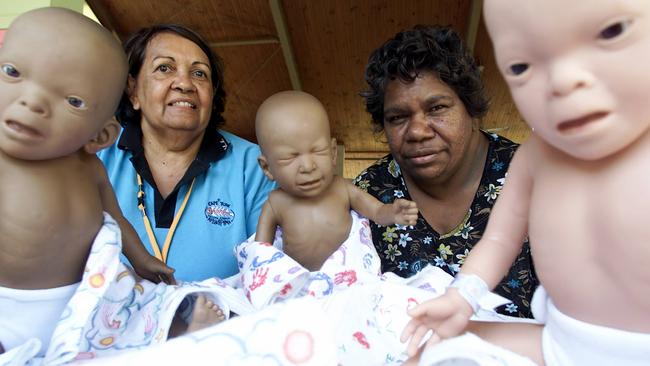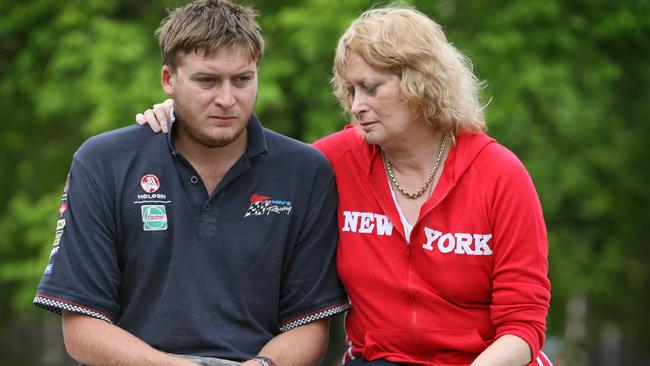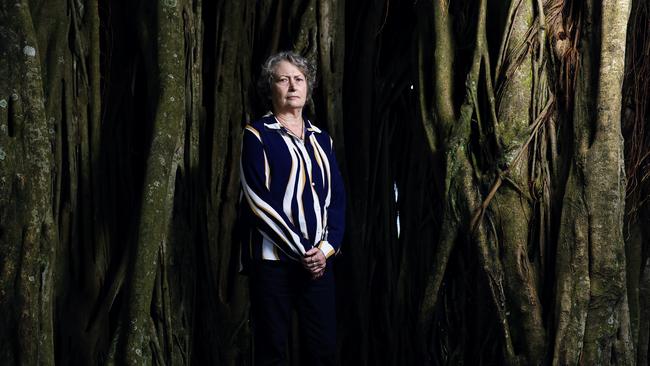‘Failing these kids’: Heartache over foetal alcohol disorder misdiagnosis
A Cairns mum who raised two children with foetal alcohol spectrum disorder has spoken out about an often misdiagnosed condition known to be the leading cause of non-genetic disability in Australia.
Cairns
Don't miss out on the headlines from Cairns. Followed categories will be added to My News.
A Cairns mum who raised two children with foetal alcohol spectrum disorder has spoken out about a little talked about and often misdiagnosed condition known to be the leading cause of non-genetic disability in Australia.
Under-reporting of the condition presents significant barriers to support, assistance and improved outcomes for children and their families according to the National foetal Alcohol Spectrum Disorder Strategic Action Plan 2018-2028.
A negative stigma making young mothers reluctant to disclose drinking habits during pregnancy and misdiagnosis of FASD as Autism Spectrum Disorder and ADHD often leads to affected children slipping through the cracks and missing out on early intervention therapy considered key to improving outcomes for sufferers.

Cairns mum Elizabeth “Anne” Russell is now 25 years sober.
But as a younger woman, unaware of the harm to her unborn children, she did drink when pregnant with her two boys.
She said shame, guilt and fear of children being removed meant honest disclosure of drinking habits was challenging.
“They have to get that information from mum as to whether alcohol was consumed and that can be problematic. For some mums that can be traumatic and there is a fear that children will be taken away,” she said.
“There’s a cohort of kids that have mothers with FASD and the NDIS is working very hard to pick up those people that have slipped through the cracks. Mums are very unlikely to be able to navigate the (support) system and they need what we used to call an external brain or an advocate to help them access support.
“It’s very awkward conversation to have with a birth mum.”

Ms Russell has authored books on FASD and in 2007 to help parents navigate the often difficult diagnostic process set up a support and information service called Russell Family Foetal Alcohol Disorders Association.
She claims an emerging trend has seen a reluctance for the medical profession to diagnose FASD.
“It’s just something that paediatricians just don’t want to do,” she said.
“Indigenous kids are getting diagnosed with FASD and (non-Indigenous) kids are getting diagnosed with autism.
“Being a birth mum I would really ask mums to not be afraid to speak out to their doctor, don’t let your doctor tell you it’s nothing.

“FASD behaviours can be pretty difficult and frightening. Anxiety is one of the big issues, if it is not identified and treated (children) will go to drugs and to mask those symptoms.”
Ms Russell said for many mothers who were still drinking, navigating a medical minefield to get a proper diagnosis to then fight for support through NDIS and organising appointments was unrealistic.
And for many kids shunted into the residential care home system there was little hope of FASD specific therapies.
“There has to be someone there that cares enough to get the right support. They have to get the diagnosis, that’s where we are failing these kids,” Ms Russell said.
A Queensland Health position statement on the condition estimated FASD impacted 2-5 per cent of the population or between 464,000 and 1.14m people.
The position stated FASD had higher prevalence in children locked up in the juvenile justice system, jails, children in out of home care and socially disadvantaged populations.
As reported by the Cairns Post, mental health disorders afflicting young offenders such as FASD have been identified as a major contributor to youth offending rates.
Highlighted during the News Corp Enough is Enough campaign, advocates called for mandatory mental heath checks of all youths entering the youth justice system.

In the absence of recent data, a Closing the Gap report in 2015 cites the prevalence of FASD-related conditions among the children from Cape York Indigenous communities to be 15 per 1000 children.
The non-Indigenous rates vary from state to state but is broadly understood to be less than one per 1000 births.
But whenever a mother is drinking during pregnancy there’s a risk of FASD.
Ms Russell said the consequences of her drinking during pregnancy has had lifelong implications for her as a parent and her two boys, now aged 37 and 40.
“My eldest son didn’t have any behavioural issues but my youngest son was 6.2ft and he had all the problems with police, school, friends and ended up homeless for a long time,” she said.
“We look at a child with FASD and they look neuro-typical and they seem to understand and they seem to be neuro-typical, but they are not. It is a very sad situation for these kids.
“It’s not easy to raise a child with FASD, it’s sleepiness nights, it’s worrying about police knocking on the door.
“People need to plan pregnancies, as soon as they plan for a baby all the drinking needs to stop.”
More Coverage
Originally published as ‘Failing these kids’: Heartache over foetal alcohol disorder misdiagnosis





